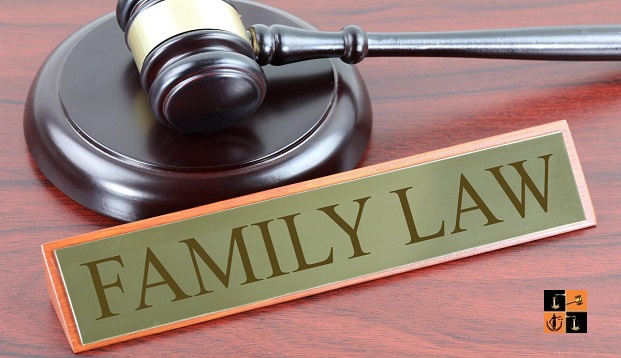The Punjab & Haryana High Court while dismissing an appeal filed by the husband raising objections to the wife’s affidavit of evidence observed that a Family Court can take any material into evidence for effective adjudication, whether it fulfills the requirement of the Indian Evidence Act or not and further Order VIII, Rule 1-A CPC of 1908 is not a mandatory provision and rather it is a directive in nature only especially with respect to the proceedings under Family Court Act, 1984.
Brief Facts:
The present plea was filed by a husband who had preferred the appeal against the order by Principal Judge, Family Court, Gurugram whereby in a divorce petition the application filed by the husband raising objections to the wife's affidavit of evidence had been rejected.
Contentions of the Applicant:
The learned counsel appearing on behalf of the petitioners contended that the impugned order had been passed in derogation of the provision contained in Order VIII Rule 1-A of CPC since the documents had not been produced by the wife along with the written statement filed by her. It has been further argued that there was no application filed by the wife for grant of leave of Court in terms of Order VIII, Rule 1-A (3) of CPC. It has also been argued that the rejection of objections raised by the husband has caused grave prejudice to him as the wife had introduced new documents before the Court at the time of leading evidence and, therefore, the impugned order deserves to be set aside.
Contentions of the Respondent:
The learned counsel appearing on behalf of the respondent contended that the impugned order has been passed keeping in view the provisions of the Family Courts Act, 1984 and no prejudice has been caused to the husband as he is yet to cross-examine the wife. He also argued that any material that may not be otherwise admissible or relevant under the Indian Evidence Act, 1972 may still be taken into evidence by the Family Court to decide a matter before it.
Observations of the Court:
The court observed that under Section 10(1) of the Family Court Act, 1984 empowers a Family Court to be a Civil Court for the purposes of exercising all powers vested in a Civil Court and the provisions of CPC have been made applicable to the proceedings before the Family Court, but at the same time it has been expressly stipulated in Section 10(1) of the 1984 Act itself that such application of CPC shall be subject to the other provisions of this Act and the Rules. Further, it was stated that Section 10(3) of the 1984 Act postulates that nothing in Section 10(1) shall prevent the Family Court from laying down its own procedure so as to deal with the matter in issue before it i.e. for arrival at a settlement in respect of any suit/proceedings before it or to determine the truthfulness of the facts in dispute.
Further, the court stated that the provisions of Section 10(1) and Section 10(3) of the 1984 Act, when juxtaposed, reflect the clear legislative intent to the effect that CPC does not apply compulsorily to proceedings before the Family Court and further stated that a bare perusal of Section 14 of the 1984 Act shows that it was introduced to wither away the rigours of Indian Evidence Act, 1872 & the Family Court has been empowered to take any material into evidence which as per its opinion furthers the cause of effective adjudication of a matrimonial dispute.
The court then stated that a Family Court is well within its powers to take into evidence any material, which in the judicial discretion of such Family Court, may be essential for effectively adjudicating a lis before it whether or not such material fulfils the requirements of Indian Evidence Act, 1872, however while exercising such discretion, the Family Court ought to bear in mind that receiving of such material by way of evidence does not violate the basic principles of our legal system.
The court concluded that the Family Court has recorded in the impugned order that the husband has been provided with copies of all documents and he will be permitted to cross-examine the wife on all aspects and thus no prejudice can be said to have been caused to the husband.
The decision of the Court:
The court upheld the impugned order and dismissed the appeal.
Case Title: Karan Puri vs Sonika Chaudhary
Coram: Hon’ble Mr. Justice Sudhir Singh and Hon’ble Mr. Justice Sumeet Goel
Case No.: FAO-5938-2023 (O&M)
Advocate for the Applicant: Mr. Gurinder Singh Dhillon
Advocate for the Respondent: Mr. Ashok Kumar Dhillon
Read Judgment @LatestLaws.com
Picture Source :


























